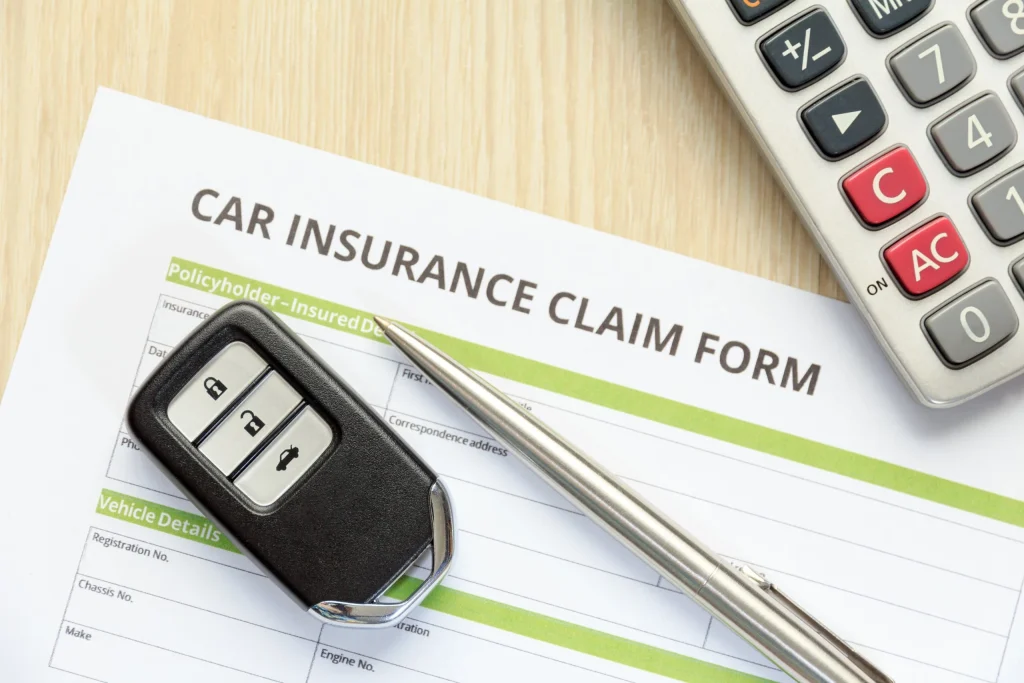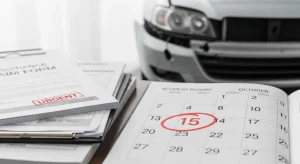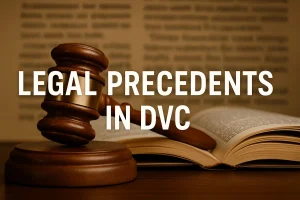After a car accident, you expect the insurance companies to figure things out—quickly and fairly. But when both companies blame the other driver, liability disputes can leave you stuck in the middle, waiting for answers and money.
In this article, you’ll learn how these disputes arise, how they impact your claim, and what you can do when insurers drag their feet or try to shift responsibility.
Understanding Liability Disputes in Auto Claims
Liability disputes happen when insurance companies can’t agree on who caused the accident. Without agreement, the claim process slows or stops completely.
These cases usually arise in accidents involving intersections, parking lots, or unclear fault. If neither side takes responsibility, you may be left paying out of pocket or caught in a prolonged claims battle.
How Liability Is Normally Determined
Insurance adjusters rely on several factors to assess fault:
- Police reports
- Statements from both drivers
- Vehicle damage location and severity
They also consider video footage or witness statements, when available. In states with comparative fault laws, both drivers may share liability by percentage. In others, if you’re even slightly at fault, you could be denied compensation.
What Happens When Insurers Can’t Agree?

If both insurers refuse to accept liability, you may experience delays in claim processing. One common resolution is a split liability agreement, where blame is shared (often 50/50 or 75/25). If no agreement is reached, insurers may use third-party arbitration.
Unfortunately, these steps take time—and during that period, you might not receive payments for repairs or injuries.
How This Affects You as a Policyholder
While insurers argue, you’re left waiting. Repairs might be delayed. Rental coverage could be denied. Medical bills can pile up.
If the other driver’s insurer isn’t cooperating, you might have to file under your own policy—assuming you have collision coverage—then wait to be reimbursed later.
What You Can Do If the Claim Is Stuck
Start by using your own insurance coverage to move forward if you have it. Then, gather any additional evidence—photos, dashcam video, or updated witness info—and send it to your adjuster. Most importantly, document every conversation and follow up regularly to keep your case moving.
When to Involve a Lawyer

If there are serious injuries or large financial losses involved, a car accident lawyer can help you build a stronger case. They can negotiate directly with insurers, challenge delays, and file a lawsuit if necessary. If you’re getting the runaround, legal support can make all the difference.
How Insurance Companies Resolve Disputes
Insurers typically handle liability conflicts through inter-company arbitration, where a neutral third party decides who is responsible. While you’re not directly involved in the arbitration, the outcome affects your settlement timeline—and your ability to recover costs quickly.
Final Thoughts: Don’t Let the Dispute Leave You Powerless
Disputes between insurers don’t mean you’re out of options. They just mean you’ll need to be proactive. Understand your coverage, know your rights, and keep records of everything.
If your claim is stuck or unfairly denied, speak up—or get legal help. The better informed you are, the more pressure you can apply for a fair and timely resolution.



